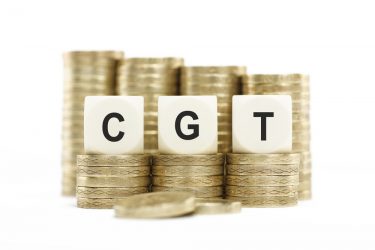
According to the latest figures released by Office for National Statistics, income from taxes surpassed public spending by £14.9 billion, which has resulted in the Government’s largest January surplus since records began in 1993.
Compared to 2018, there has been a £1.9 billion increase in self-assessment receipts as well as a £1.2 billion rise in capital gains tax (CGT).
This year, in terms of CGT, tax receipts are on track to hit record levels, with £6.8 billion in the treasury coffers.
Typically, in January, the Government’s finances are in surplus; however, last month exceeded both January 2018 (£9.3 billion) and the consensus of estimates (£10 billion).
These figures now mean the Office for Budget Responsibility (OBR) will likely be below the full year Budget forecast for public sector borrowing.
Pantheon Macroeconomics forecasts that the UK Government borrowing will be £22.4 billion this year, which is around £2 billion below the OBR’s £25.5 billion forecast.
For Chancellor Phillip Hammond, the larger than expected surplus comes as good news ahead of Brexit, as the lower borrowing will give the Chancellor greater “fiscal headroom” to draw upon to stimulate the economy should he need to, without abandoning his fiscal targets.
Pantheon Macroeconomics highlights that the UK should not expect much of a spending boost in the upcoming spring Budget yet. The economic consultancy said: “With the economic outlook highly uncertain at present, next month’s Spring Statement probably will be a holding operation.”

